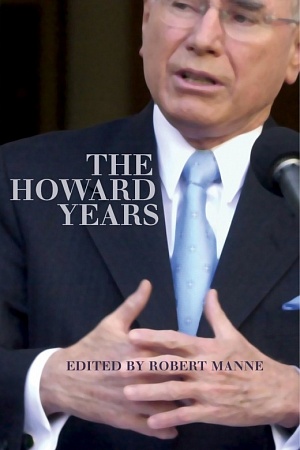Elite Capture: How the powerful took over identity politics (and everything else)
Pluto Press, £12.99 pb, 176 pp
A room of our own
The list of texts exploring ‘identity politics’ is as long as it is politically promiscuous. From the case against (Identity: The demand for dignity and the politics of resentment, 2018), by Francis Fukuyama) to the case for (literally: The Case for Identity Politics, 2020, by Christopher T. Stout), whether conservative or liberal, if there is a take on identity politics a book has been written about it. The challenge is to pin down a sense of the term on which all the authors could agree.
Popularised in 1977 by a collective of queer Black feminists and socialists, identity politics has become a keystone feature of our era’s nebulous culture wars. The phrase has occupied the minds and attention spans of academics, activists, and media pundits across the Global North for decades, scuppering the intentions of the original organisers. ‘We meant that Black women have a right to formulate our own political agendas based upon the material conditions we face as a result of race, class, gender, and sexuality,’ said Barbara Smith in 2020, co-founder of the original Collective. The concept, Smith acknowledged on Twitter, has unfortunately ‘been maligned and distorted ever since’.
As with critical race theory, cultural appropriation, and other casualties of the twenty-first century battle of narrative, it can be difficult to determine the utility of identity politics in public debate and whether the term is even worth fighting for. Olúfẹ́mi O. Táíwò, author of one of the most recent interventions in this ever-expanding discourse, seems to think it is. ‘I’m on team identity politics,’ declares the Nigerian-American philosopher at Georgetown University in interview after interview. Táíwò’s issue is not with identity politics ‘at its core’ but with how it is being used. Praxis, then, is what Táíwò’s new book seeks to correct.
Continue reading for only $10 per month. Subscribe and gain full access to Australian Book Review. Already a subscriber? Sign in. If you need assistance, feel free to contact us.










Leave a comment
If you are an ABR subscriber, you will need to sign in to post a comment.
If you have forgotten your sign in details, or if you receive an error message when trying to submit your comment, please email your comment (and the name of the article to which it relates) to ABR Comments. We will review your comment and, subject to approval, we will post it under your name.
Please note that all comments must be approved by ABR and comply with our Terms & Conditions.